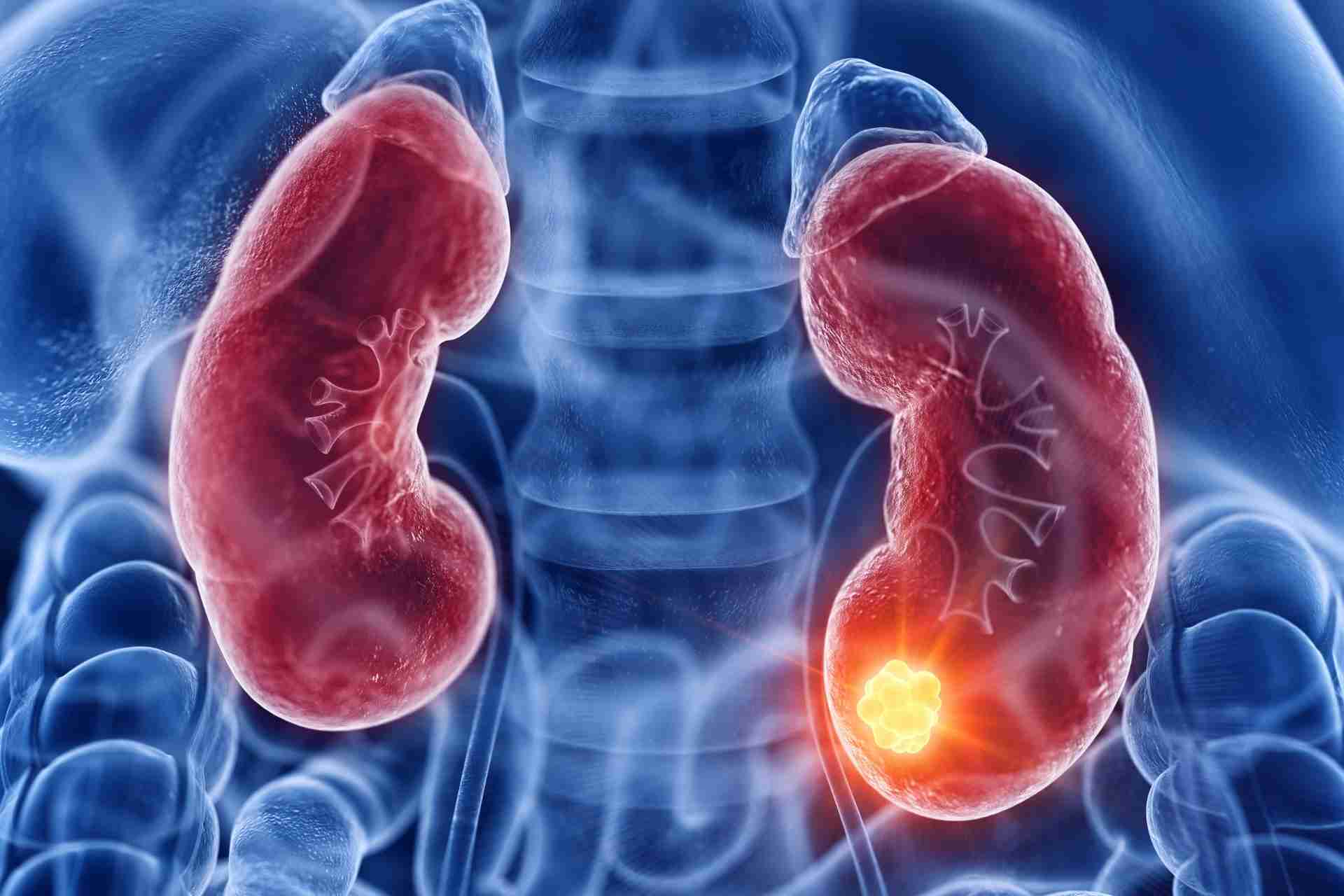What is already known on this topic
Some gut microbes, including bifidobacteria, can improve the efficacy of a form of anti-cancer therapy called immunotherapy. Recent evidence also suggests that a probiotic containing the anaerobic, butyric acid-forming bacterium Clostridium butyricum can enhance a person’s response to immune checkpoint inhibitors — a type of immunotherapy drugs — by increasing the abundance of beneficial gut bacteria such as Bifidobacterium.
What this research adds
Researchers treated 29 kidney cancer patients with a standard combination of immune checkpoint inhibitors, with or without oral supplementation with a probiotic product called CBM588, which contains C. butyricum. Compared to people who didn’t receive CBM588, those who received it responded better and for longer to immune checkpoint inhibitors. Those who responded to treatment also had more bifidobacteria in their stool and survived longer without their cancer getting worse.
Conclusions
The findings suggest that CBM588 can improve the anti-tumor response in people with advanced kidney cancer. They also highlight how modulating the gut microbiota could be a strategy for enhancing the efficacy of immunotherapy in people with cancer.
Some gut microbes can improve the efficacy of a form of anti-cancer therapy called immunotherapy. An early-stage clinical trial now shows that combining a probiotic product with immunotherapy may boost anti-tumor responses in people with advanced kidney cancer.
The findings, published in Nature Medicine, suggest that probiotics containing Clostridium butyricum can improve a patient’s response to immunotherapy. They also highlight how modulating the gut microbiota could a strategy for enhancing the efficacy of immunotherapy in people with cancer.
Bifidobacteria have been shown to improve the efficacy of immune checkpoint inhibitors — a type of immunotherapy drugs. Recent evidence also suggests that a probiotic product called CBM588, which contains the anaerobic, butyric acid-forming bacterium Clostridium butyricum can enhance a person’s response to immunotherapy by increasing the abundance of beneficial gut bacteria such as Bifidobacterium.
Based on this evidence, Sarah Highlander at The Translational Genomics Research Institute, Sumanta Pal at City of Hope Comprehensive Cancer Center and their colleagues started a clinical trial to test the effects of CBM588 in people with advanced kidney cancer who were receiving immune checkpoint inhibitors.
Probiotic effect
The researchers analyzed 29 people aged 45 to 90 years, all of whom had metastatic renal cell carcinoma, a form of kidney cancer that has spread to other parts of the body. Most of the patients were male and had metastases in their lungs, lymphnodes and bones. All patients were treated with a standard combination of immune checkpoint inhibitors, and 19 were also given oral supplementation with CBM588.
Half of the people who received only immune checkpoint inhibitors and 52% of those who received immune checkpoint inhibitors and the CBM588 supplement had adverse effects including fatigue, rash and diarrhea. People who experienced these side effects had an increased abundance of Escherichia coli, Klebsiella and Blautia species in their guts when they started treatment.
Compared to people who didn’t receive CBM588, those who received it responded better and for longer to immune checkpoint inhibitors. Those who responded to treatment also had more bifidobacteria in their stool and survived longer without their cancer getting worse, the researchers found.
Immune response
Next, the researchers analyzed the levels of immune molecules called cytokines in the blood of patients. Of 31 cytokines assessed, 12 were more abundant in people treated with the combination of immunotherapy and CBM588, compared to people treated only with immunotherapy. These findings suggest that CBM588 may help to modulate a person’s immune response.
The team also looked at the microbial metabolic pathways of patients. They found that the dTDP-β-l-rhamnose biosynthesis pathway was upregulated in people treated with the combination of immunotherapy and CBM588. Rhamnose is a non-digestible carbohydrate
that can contribute to generate the short-chain fatty acid propionate, which has been shown to have an anticancer effect.
The findings suggest that CBM588 increases the activity of immune checkpoint inhibitors, but larger studies are needed to confirm whether the results can generalize to other tumor types, the researchers say.









